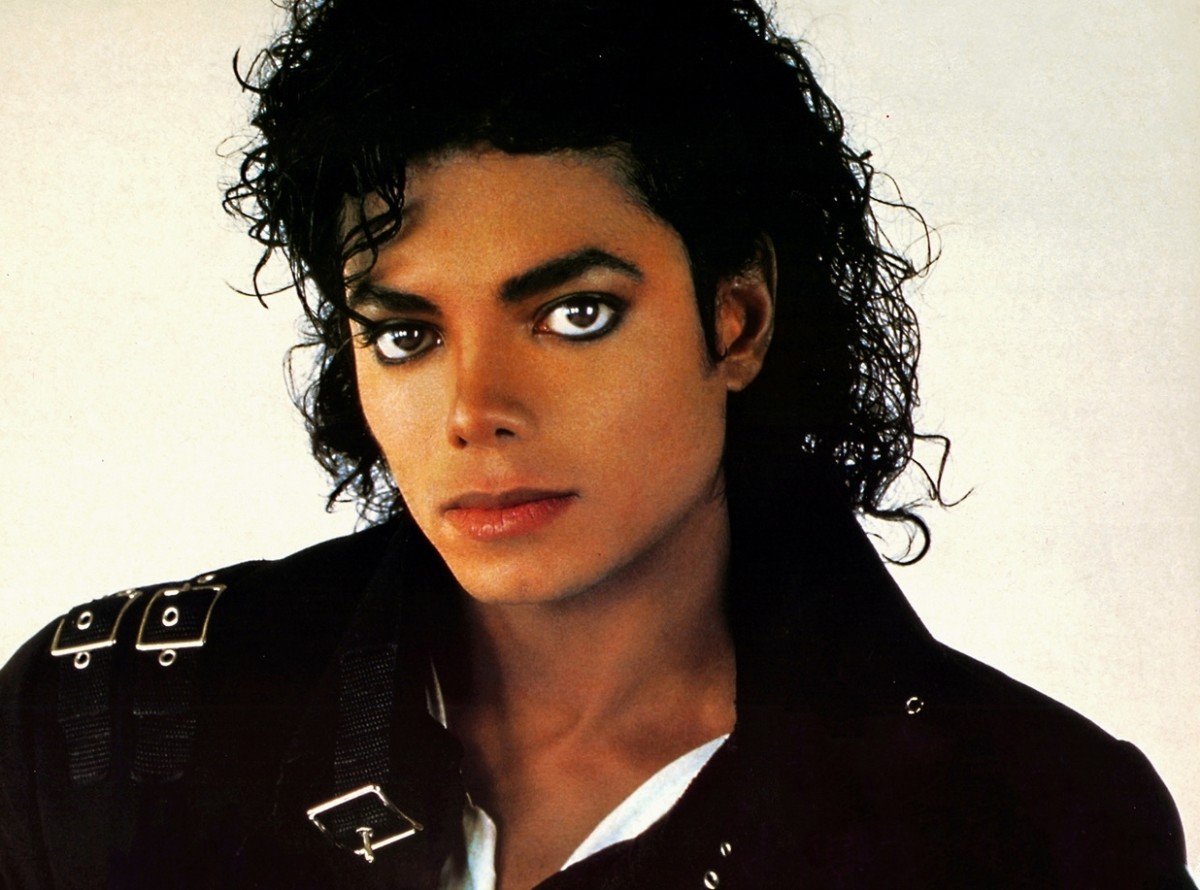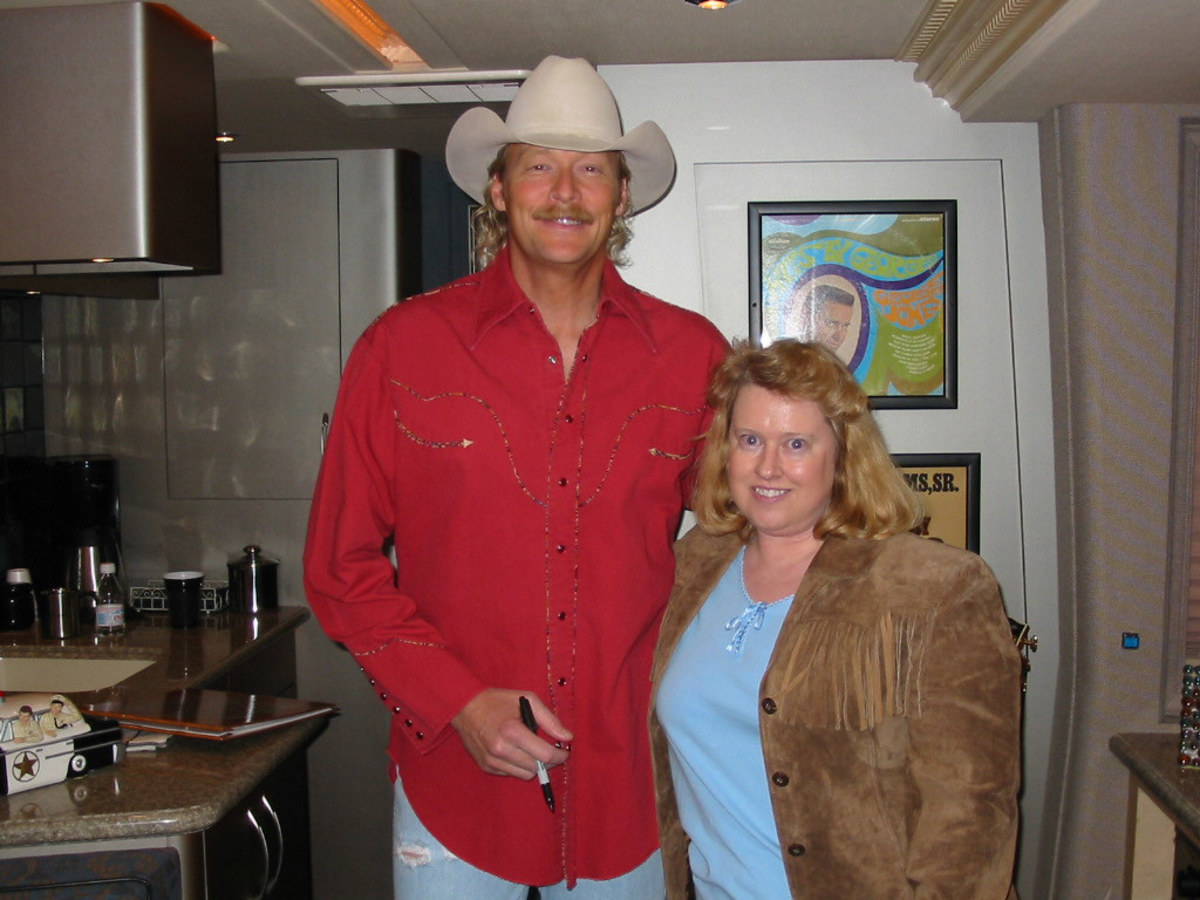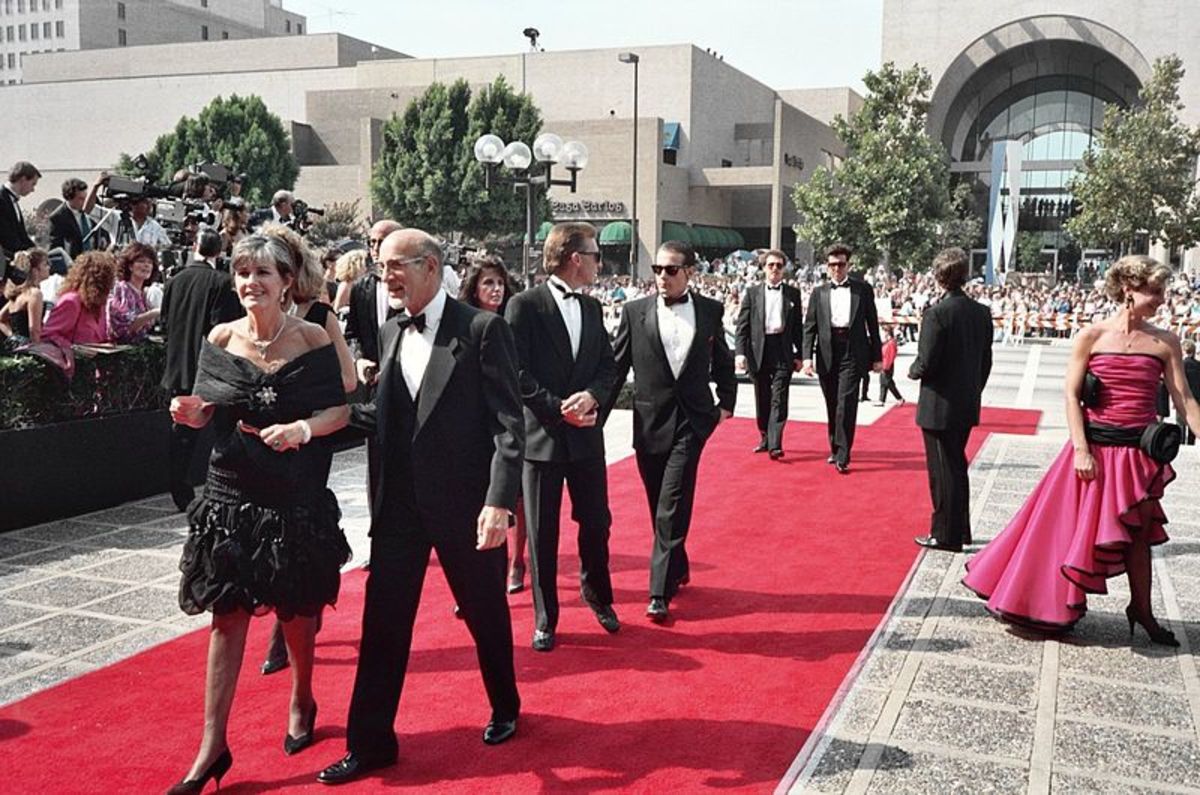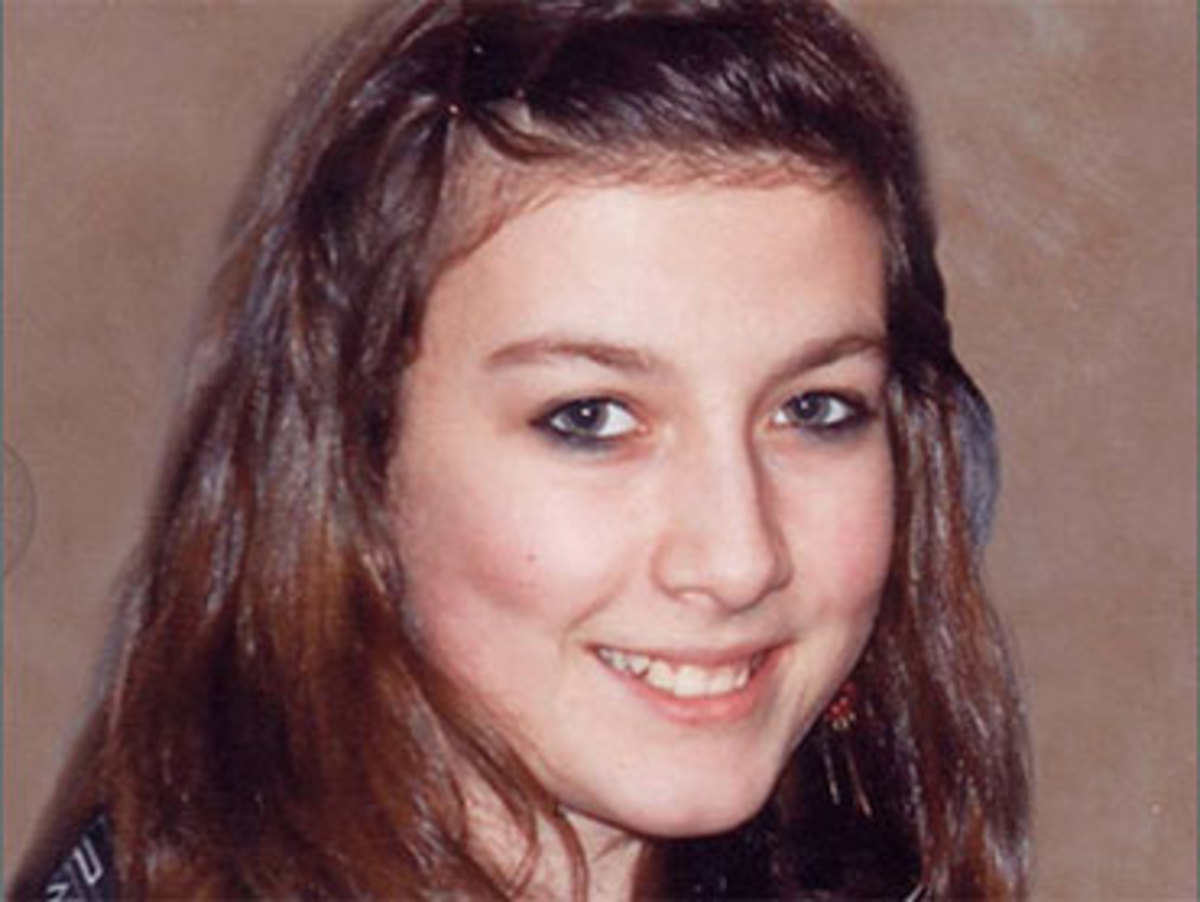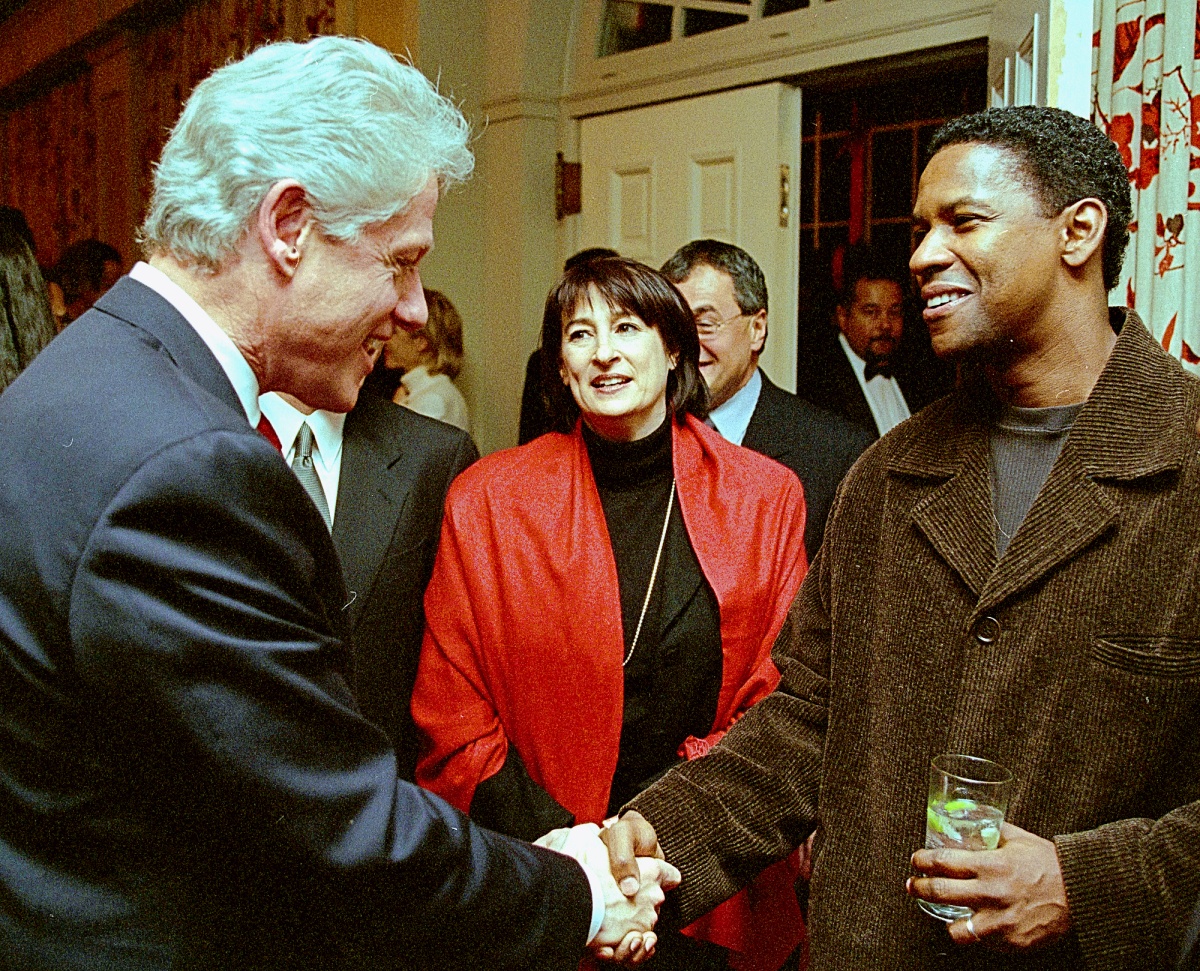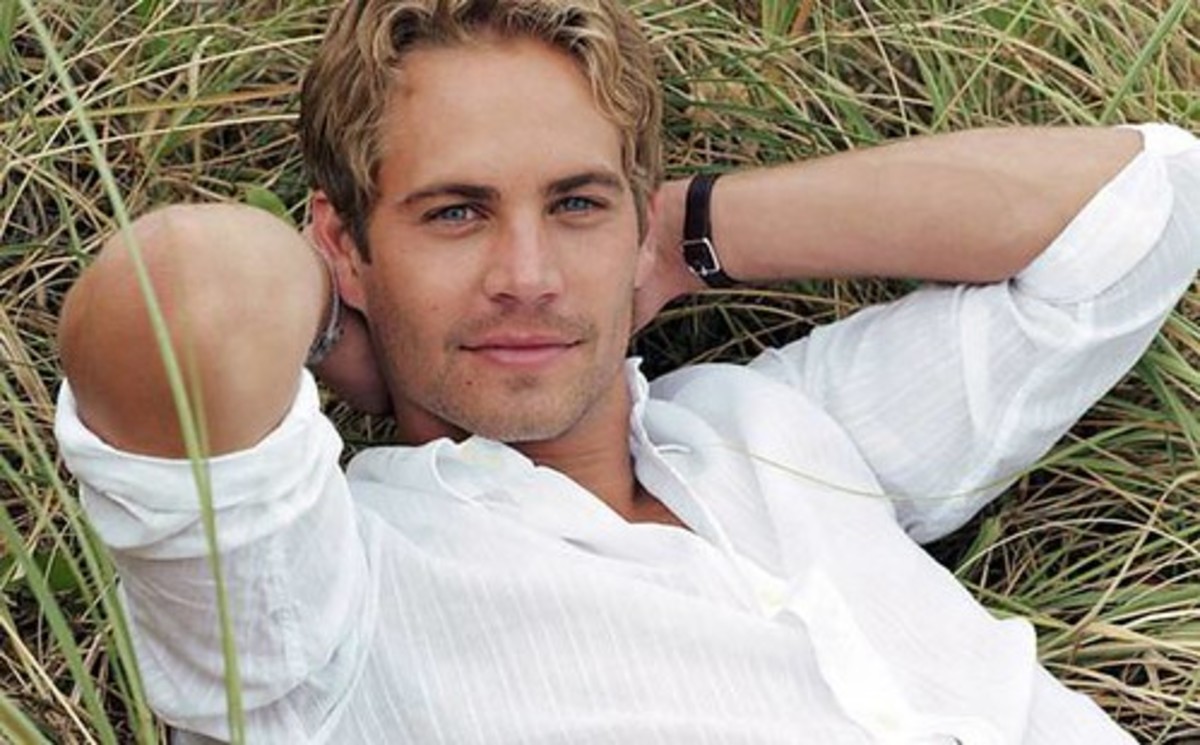Cyber Mob Mentality
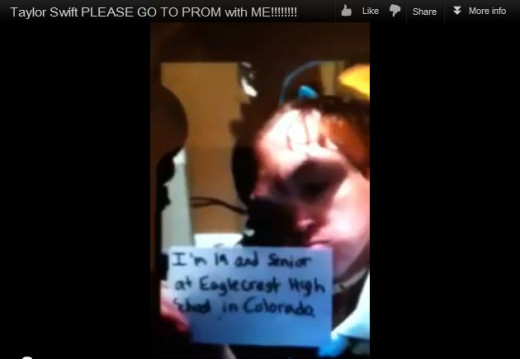
There seems to be a growing trend on Facebook recently, with a number of celebrities being targeted by the cyber equivalent of torch-bearing mobs. These virtual vigilantes are intent on bullying a number of celebs into granting wishes of children afflicted by deformities or rare diseases.
One such example of this is Taylor Swift. One of Ms Swift's fans, teenager Devon Whitney, recorded a message for the star asking her to accompany him to his senior highschool prom. Devon, who suffers from a rare disease called Oto-Palatal-Digital Syndrome, used index cards in place of speech on a video aimed at his favourite singer, and it wasn't long before the video went viral, prompting Facebook users to begin a campaign in favour of the singer accepting Whitney's request. As yet, Ms Swift has not responded.
Christian Bale
Christian Bale has also been harassed by internet users, demanding that he take the time to visit the children who were victims of the Aurora, Colorado shooting in July 2012 - a Facebook page titled, 'Christian Bale Please Visit The Kids', has over 3,000 likes, and over 4,000 fans currently 'talking' about it, meaning that the page is as popular as ever. Bale did actually visit some of the shooting victims, but whether that was because of mounting pressure from fans, or a voluntary act of kindness, remains to be seen.
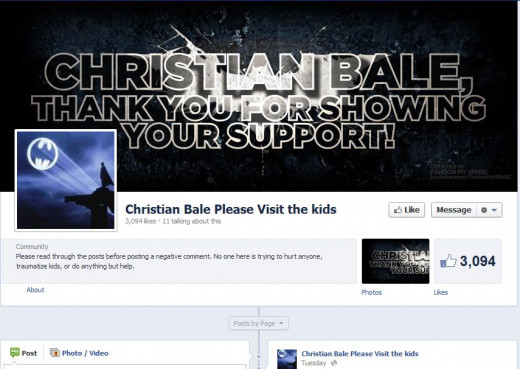
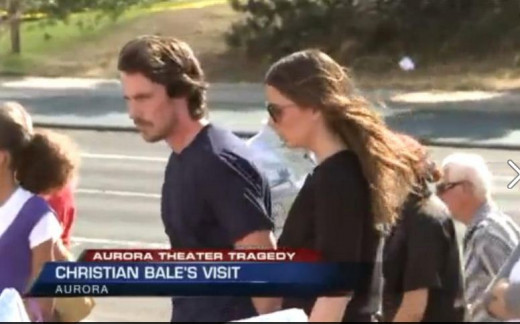
Virtual Bullying
These kinds of campaigns can bring a celebrity bad press, especially if that person is unable to fulfill the requesters' wishes. With modern networking allowing for news and gossip to spread like wildfire, it is easy for things to spiral out of control, and the celeb be painted in a poor light, labeled as 'selfish' or 'uncaring' by the media and public.
The fact is, regardless of how dedicated some may be to a celebrity, we as the public do not have the right to dictate the actions of that celebrity. Having a disability or a problem does not entitle someone to impose upon famous people in such a way that it eventually turns into a form of bullying. Worse still, the person who may have originally made the request for a celeb to visit them (such as Devon Whitney) is made out to be a villain by some who accuse him of using his disability to gain an unfair advantage, which is certainly not true.
Many people will argue that a celebrity is obligated to make the paying public/fans happy, because without those fans they would not have achieved the status they enjoy. But realistically, it soon stops being about the fan who made the request, and more about a media circus and a photo opportunity. Surely it would be far better to allow celebs to make their own choices about who and who not to acknowledge - at least that way they can't ever be accused of making a kind gesture solely to avoid bad press, but instead, did so out of the kindness of their heart.
Fictional Campaigns
Following closely on the coat tails of this mob culture are the sickos who start Facebook pages showing a photograph of (for example) a baby hooked up to a life support monitor, with the caption, "for every like this baby gets, so-and-so will donate a dollar to save his life".
The fact is, these posts are nothing more than attention-seekers using a very inappropriate subject to see just how popular their page can become, and people truly believe that by clicking 'like' on the post, and sharing it, that they're helping a sick or dying infant. Not true. They're helping feed the attention deficit of an internet troll who has nothing better to do with their time than pray on the kind hearts of some Facebook users.

